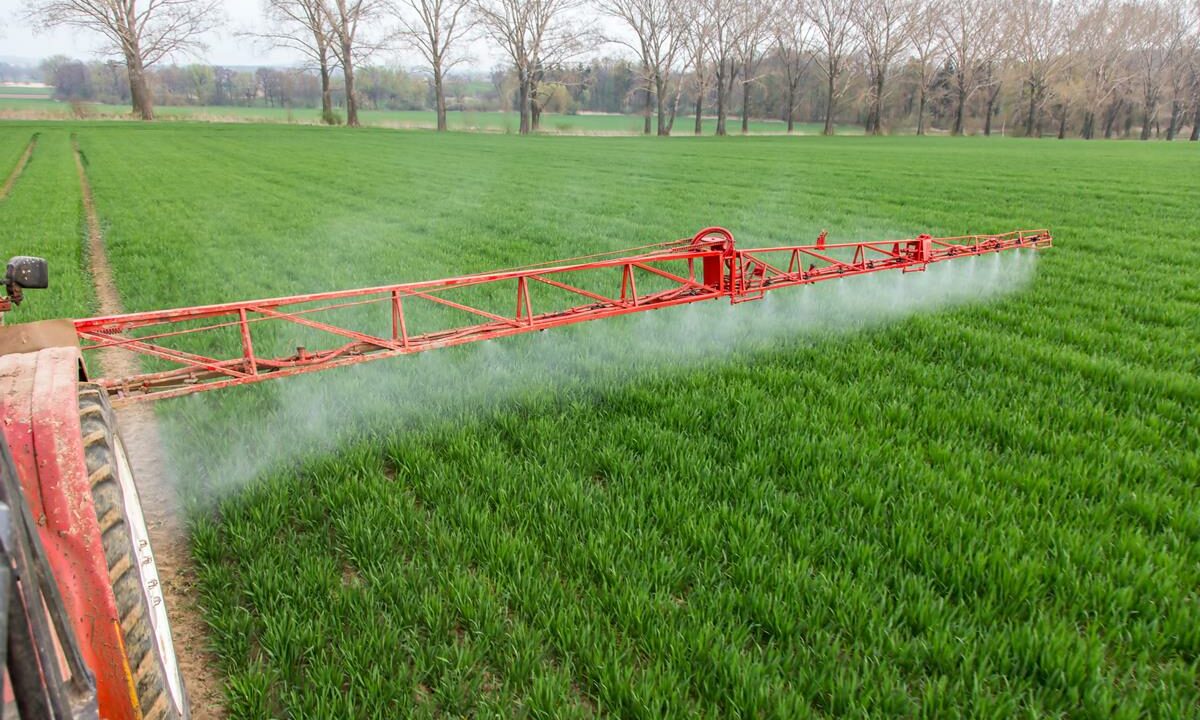An Irish agri-technology company has raised €6 million to support the development of its crop-spraying technology.
MagGrow, the Dublin-based innovator which specialises in crop protection products, has now raised a total of €18 million in what it describes as “a series A funding round”.
The round was led by investment firm Astanor Ventures along with the participation of several strategic international investors, including Dublin-based firm WakeUp Capital, which made its first investment in MagGrow.
‘Feeding this plant sustainably’
MagGrow produces technology that aims to “significantly reduce waste associated with conventional pesticide spray applications”.
The technology uses magnets to expose pesticide fluid to static non-uniform magnetic fields. The technology allows growers to use smaller droplets without the “drift and waste normally associated when using smaller nozzles” – or so claims the company.
Gary Wickham, founder and CEO of MagGrow, said that the new investors align with the company’s “core values and collective desire to do our part in feeding this planet sustainably”.
“MagGrow believes every person on this planet has the right to food and water,” Wickham said.
“The way to do this is to ensure farmers are profitable, in the first instance, and sustainable.”
He added that the company’s goal is to support farmers to achieve both of these, while supporting the “sustainable intensification of global food production”.
‘Farmer-friendly hardware’
Hendrik Van Asbroeck, partner at Astanor Ventures, said that with an “ambitious target” being set around the EU to reduce pesticide use, technology will be a crucial enabler of this transition.
He also said that “farmer-friendly hardware reduces drift, increases coverage and significantly reduces the impact pesticides have on our water, soil, and the food we eat”.
Governments and consumers alike are looking for innovative solutions which reduce the impact agriculture has on our environment.
